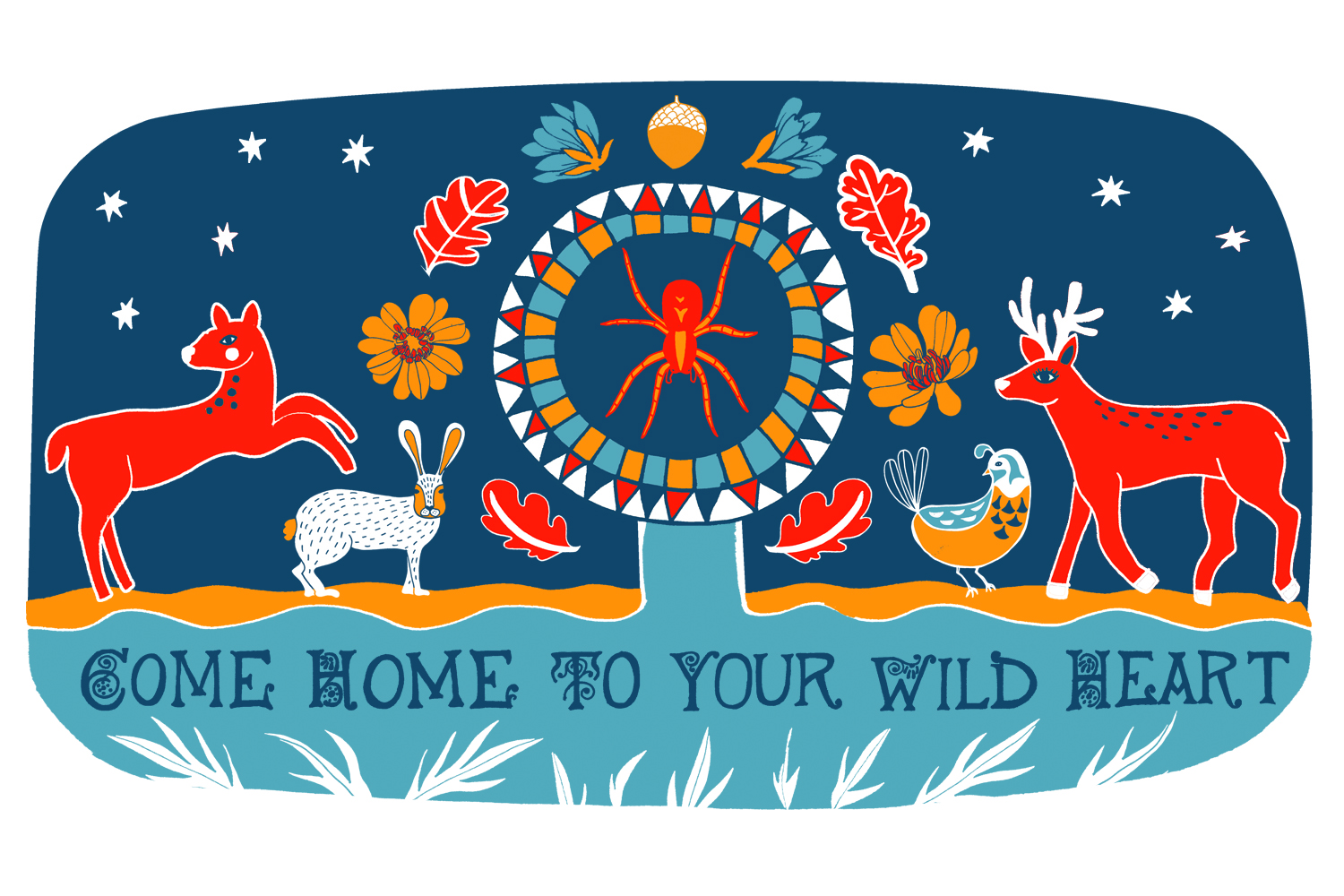What is Ecotherapy?
Sugarloaf Ridge Park, during the post--fire super bloom of 2018. Sugarloaf is one of my favorite ecotherapy destinations.
“It is no longer possible to sit quietly on the park bench without checking your Facebook feed, chatting with Siri and waving to the CCTV cameras. It is no longer possible to be astonished at the wonder of your footfalls along the forest path and not feel the urge to check email, find the nearest Starbucks, Hipstamatic the hell out of that beautiful fallen tree. You cannot just sit in your car along a quiet country road without the GPS beeping that you took a wrong turn as OnStar politely blows up your car.”
When we speak of "wilderness", we usually use it to refer to a territory that is unfathomable and dangerous - either literally like "The Alaskan Wilderness" or metaphorically "The Wilderness of the Unknown". Almost always, we speak of it as something we are apart from - the place that contains the plants, animals, and pieces of ourselves that are not domesticated, and that we have no control over. The Wilderness Act of 1964, which designated protection for many of the U.S.’s public lands, described it as "an area where the earth and its community of life are untrammeled by man, where man himself is a visitor who does not remain.".
These days, the areas of the Earth where we do not remain are becoming fewer and farther in between, as open space falls under housing and commercial development, as national parks are opened to timber sales. At the same time, the human animal now spends 10 hours (and growing) indoors, in front of screens or online a day. Yet the concept of wilderness as something people are separate from is a relatively new one. As poet and author Gary Snyder writes, "Nature is not a place to visit. It is home." The tragic irony is that in order to create the Wilderness Act, Indigenous people were forcibly removed from these lands, places they had been tending for thousands of years. Wilderness is a myth that illustrates colonialism’s culture of dominance over, and separation of, the human animal from Place.
Our psyches did not evolve in relationship with television, facebook, desk jobs or the urban industrial lifestyle. Whether or not these things are useful is not up for debate. What is important to consider is what happens to our mental, physical and spiritual well being when we live lives disconnected from the one relationship that was central to our development - our relationship to the feeling of wind on our faces, the gaze of the moon upon us at night, the smell of wild grasses drying in the sun. Our relationship to nature not only as home, but also as entity and essence, an ensouled being in conversation with itself, our lives both dialogue and subject.
Ecotherapy at its core is very simple - as a therapist I take us outside, so that your struggle and pain, your joy and effort is placed back into the context in which it belongs. Just the very act of being out in the world lifts the lid off of the box we may have stuffed ourselves in. We slow down and let the world speak to us and become part of the work we do together. Mindfulness and the Gestalt work of Noticing bring you back into your senses and body. This allows you to not only speak of stories and situations that trouble you, but to speak about them from the heart of the matter, to let your muscles and bones say what they remember. We unpack, we explore, we laugh and we sit in silence. We listen, to the birds, the leaves rustling, the parts of the self that have needed to speak for so long. Sometimes we will explore the natural history of a plant, animal or place that catches your eye, we may try experiments so you can investigate moving, perceiving or responding in a new way. What we do varies on what you need, what presents itself that day and where we are at in our work together.
But always you are held...as your therapist I keep a safe space for our work to happen, while leaving space to invite the outside in. At the very least, our time outside has included gentle exercise, fresh air and a welcome break in the day. At the very best, our therapy has been a call and response, between your own sweet heart and the wider heart of the witnessing, compassionate spirit In All Things.







